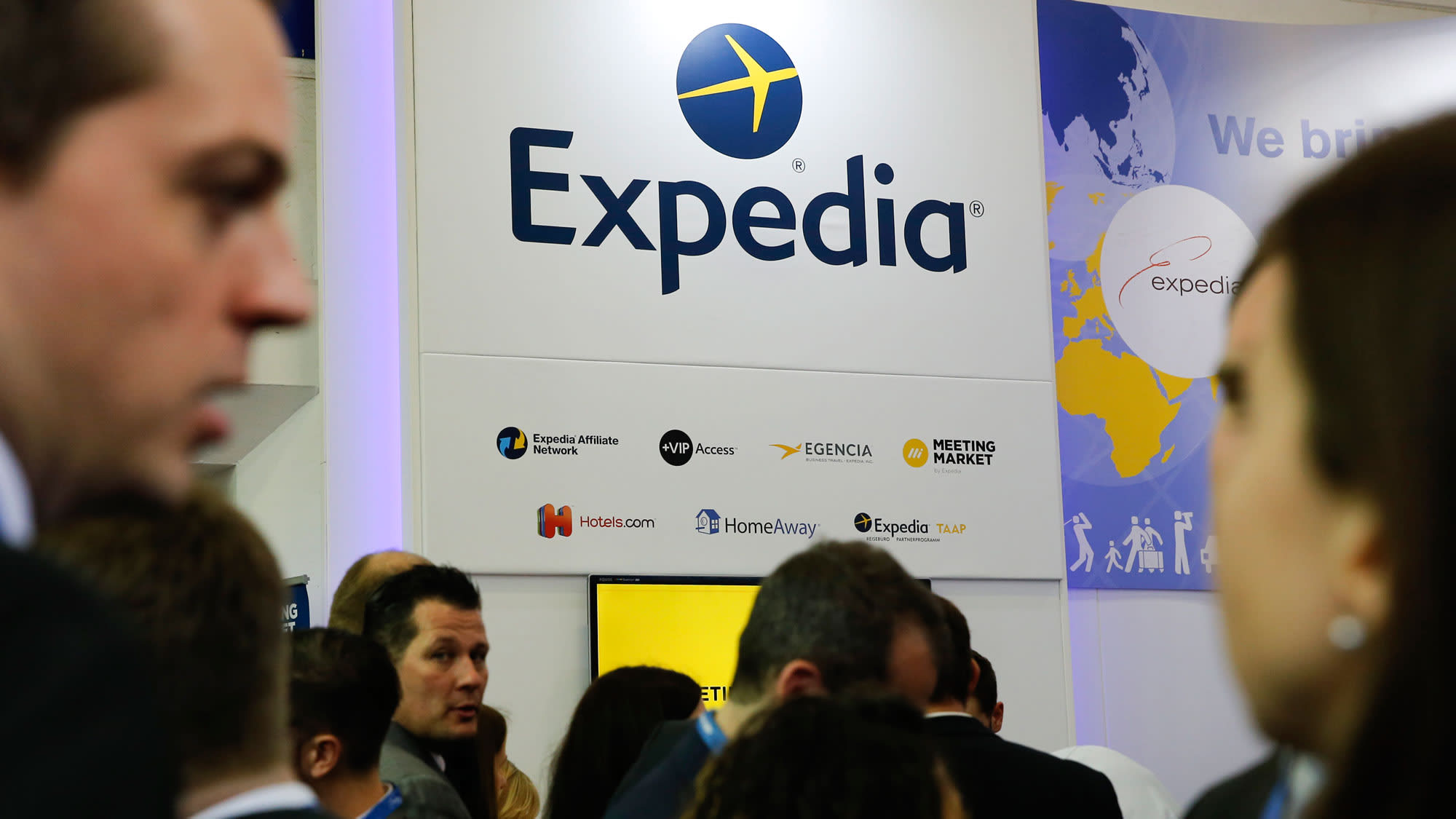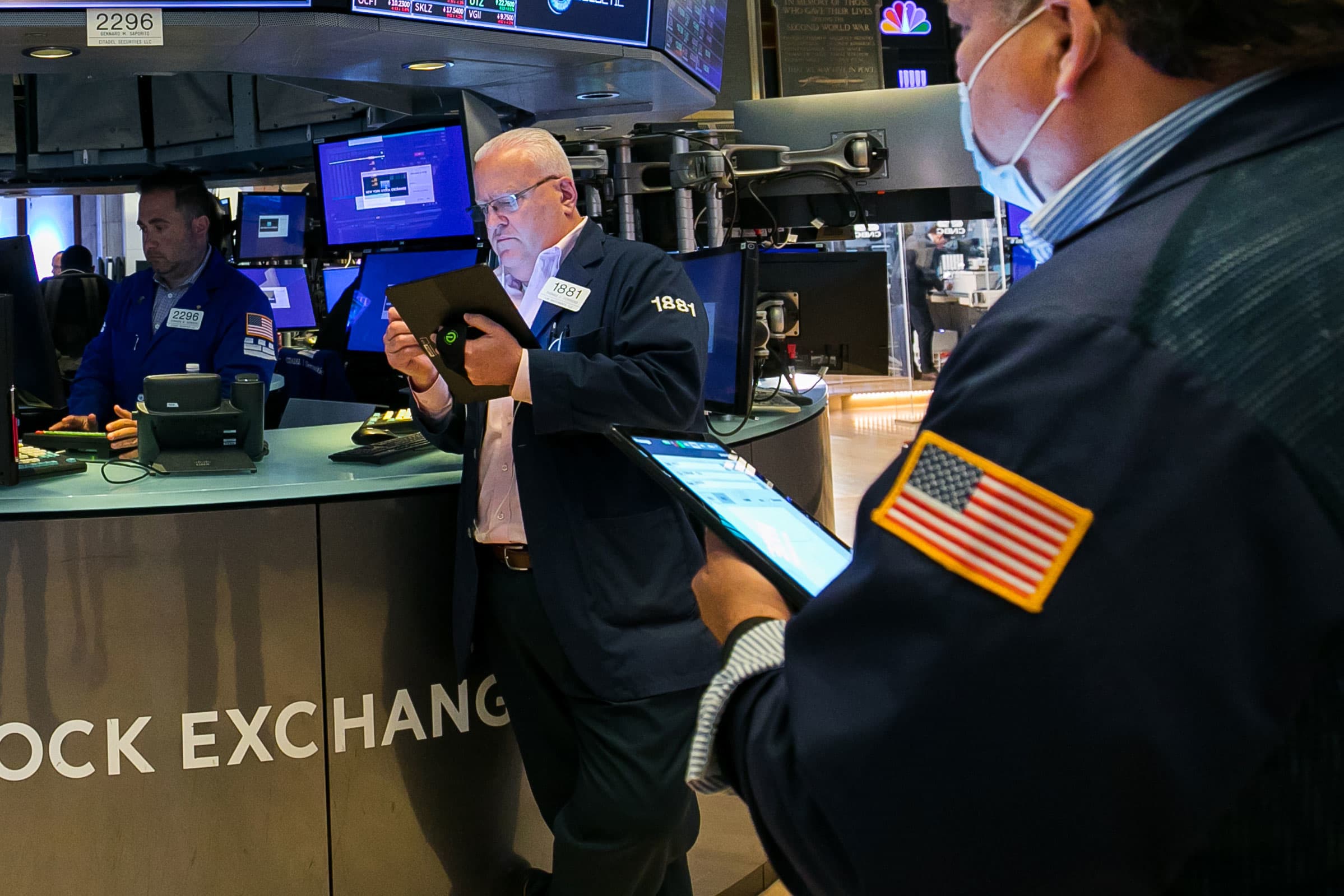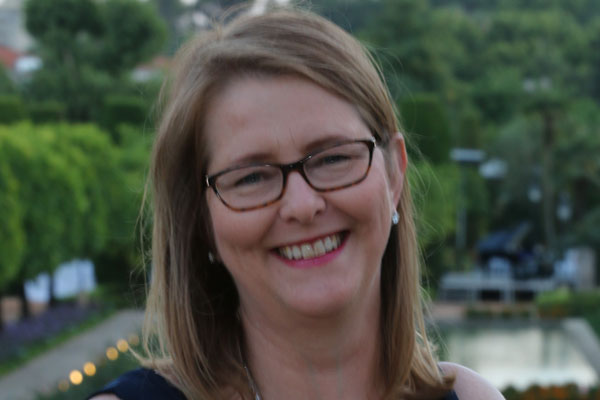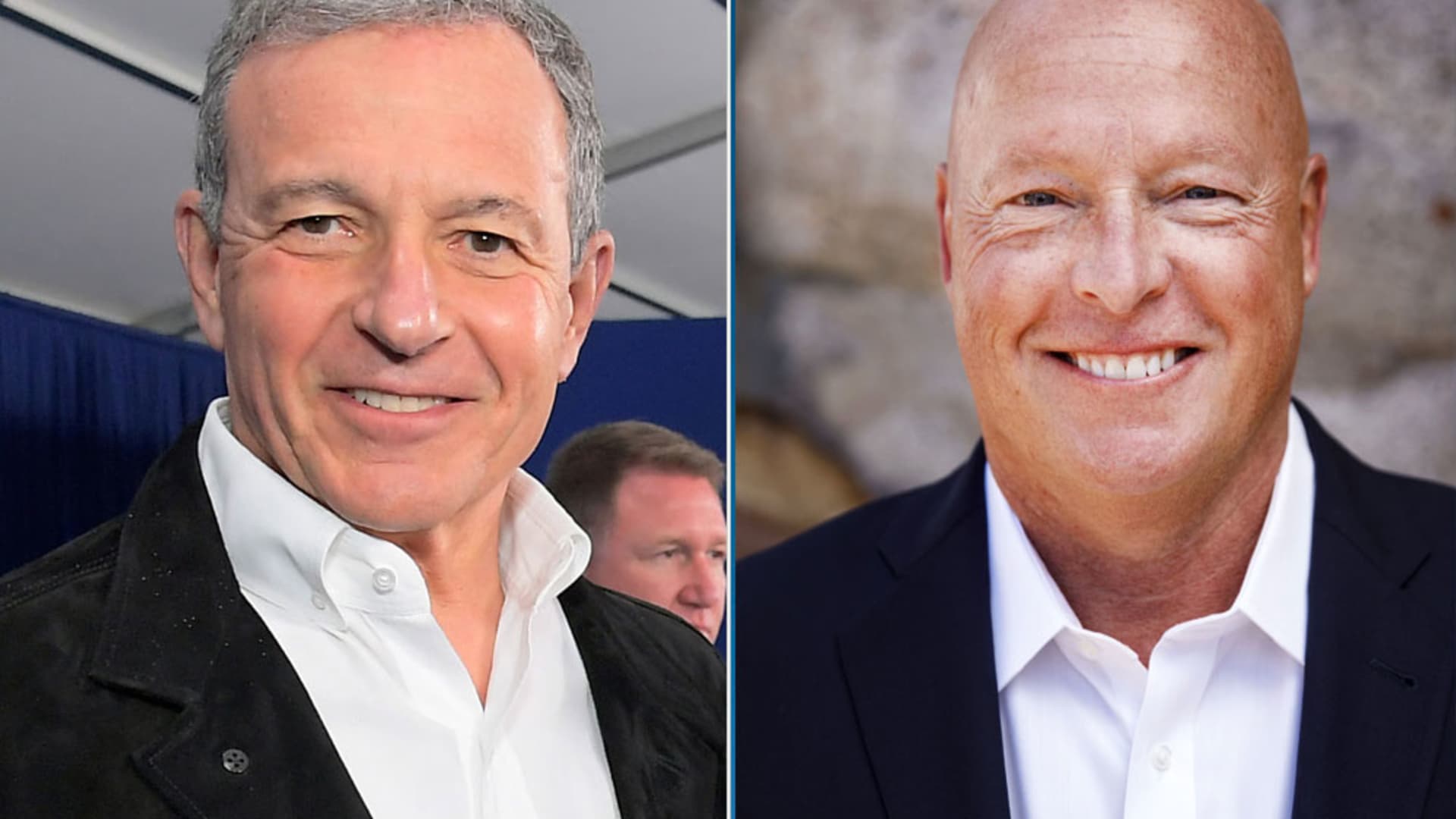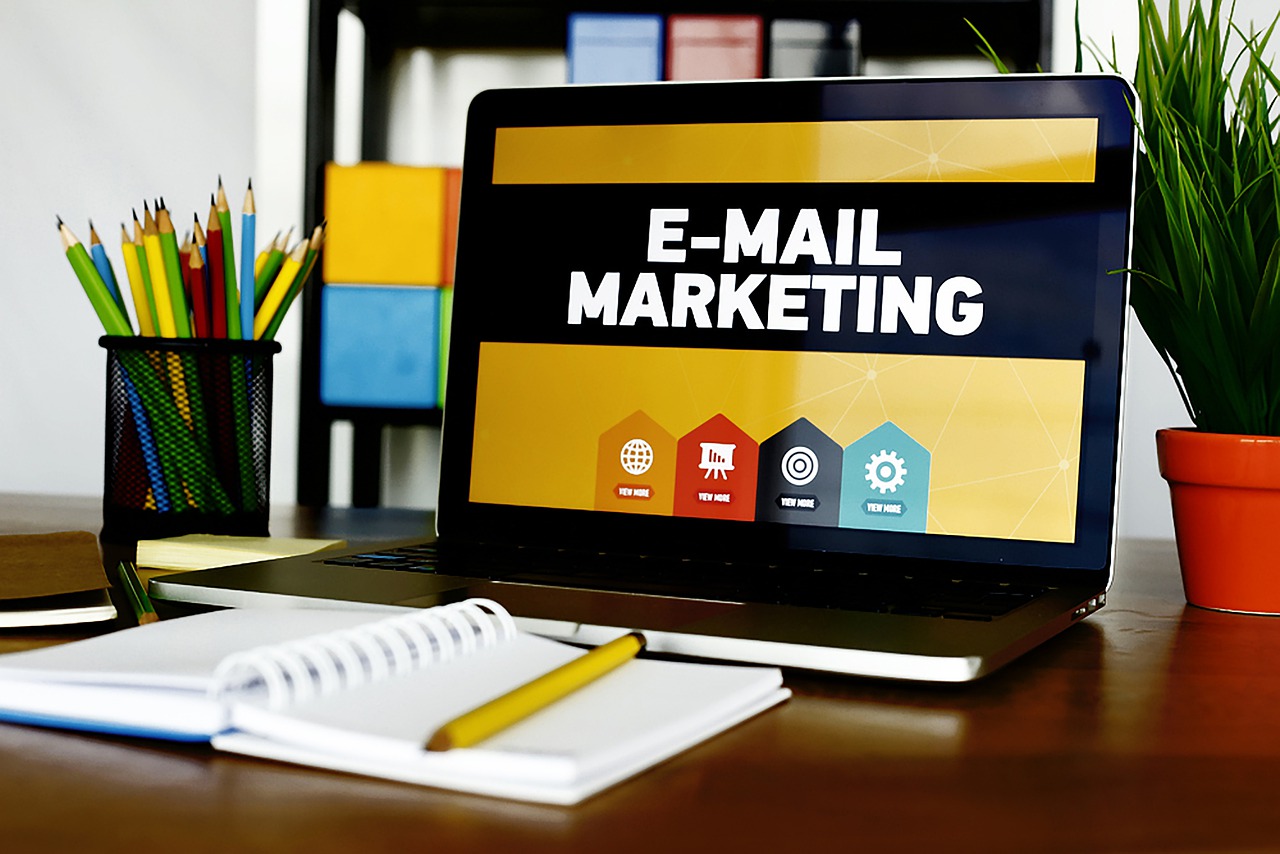Here's why pumpkin spice lattes are so popular: It's 'very simple economics,' say the experts
Food and coffee chains debuted the "PSL" in August this year, but the fall drink will disappear in weeks. The reason is due to simple economics.

Mphillips007 | E+ | Getty Images
The pumpkin spice latte is back — and the popular and meme-ified seasonal drink can teach us a lot about consumer behavior and economics.
Starbucks debuted the pumpkin spice latte in 2003, and the "PSL" grew to be the company's most popular seasonal drink, selling more than 600 million since inception and fueling its adoption by rival coffee chains and neighborhood cafes.
The pumpkin-spice craze has grown far beyond coffee to ice cream, craft beer, baked goods, yogurt — even dog food. The industry was worth $511 million in 2019, up 4.7% from the prior year, according to Nielsen data.
And companies are issuing pumpkin-spice products earlier and earlier — weeks before the fall season officially starts. Krispy Kreme, for example, began serving its pumpkin-spice donuts and drinks on Aug. 8, its earliest-ever release.
More from Personal Finance:
Why the $39 trillion U.S. retirement system gets a 'C+' grade
How persistent high inflation may affect your tax bracket
How to decorate on a budget, according to designers
And then — poof, the flavor is gone just a few months later.
What gives?
"It's very simple economics," said Jadrian Wooten, an economics professor at Virginia Tech.
"We wouldn't want it if it was available all year long," Wooten said. "Companies take those things away from us and give them back to us.
"Because they take it away, we want it more later."
Why your next latte never tastes as good as the first
Christina Tkacik/Baltimore Sun/Tribune News Service via Getty Images
"Marginal analysis" and "diminishing returns" are two economic principles at play.
Marginal analysis is how consumers decide whether to buy an additional "unit" of something, like a pumpkin spice latte. Consumers weigh an activity's benefits (like happiness or satisfaction) and costs (price) when choosing to buy or not buy. If the consumer's marginal benefit exceeds their marginal cost, they will purchase the good.
But as consumption of a good increases, the benefit derived from the good falls. This is the rule of diminishing returns.
Emotions are a powerful motivator for purchase.
Bruce Clark
associate professor of marketing at Northeastern University
"For a consumer, the marginal benefit of one more slice of pizza can be considered in terms of the additional satisfaction the pizza will create," according to a University of Minnesota open source textbook on economics. "But whatever the nature of the benefit, marginal benefits generally fall as quantities increase."
These rules apply broadly, from pizza to the production of semiconductors and, of course, to pumpkin spice lattes.
That first PSL in August or September is the best — but enthusiasm wanes with each successive drink, Wooten said. Your next latte isn't as good as the previous one.
"The first is a really good one," Wooten said. "It's a powerful feeling for a lot of people."
Harnessing 'the feelings of that season'
Companies weigh these consumer habits and behaviors to optimize their revenue and profit. Food and coffee chains see a financial benefit to offering pumpkin spice products for about a quarter of the year instead of year-round.
And they're capitalizing on the positive emotions consumers get from the PSL as a reminder of the benefits of the fall season.
"Beyond flavor, however, seasonal products tie into the feelings of that season, and emotions are a powerful motivator for purchase," according to Bruce Clark, an associate professor of marketing at Northeastern University, who wrote about the PSL phenomenon in 2018. "To the extent you're looking forward to the fall season, here is one reminder of that season. Buying the product reinforces those good feelings."
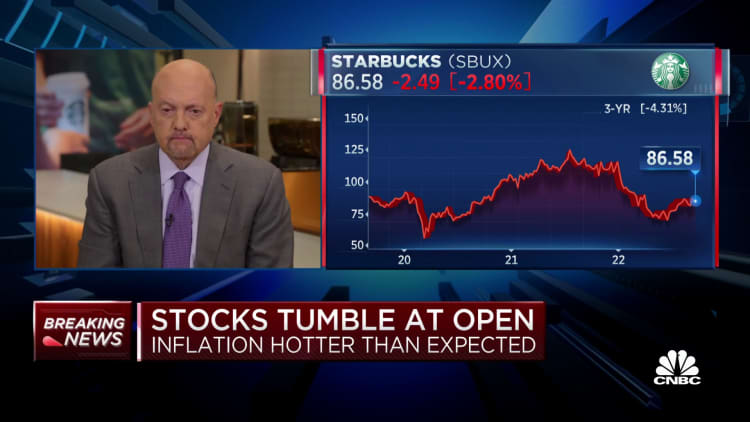
But at a certain point, a company's costs outweigh the benefits of offering the seasonal drinks. Offer the drinks too early, and a company's image may be hurt by the perception of "seasonal creep," similar to putting up Halloween or Christmas decorations too soon, Clark said.
"To some people the PSL promotion can feel like an exemplar of all the things big brands do to us to distort the 'natural' cycle of our lives," he said.
Before long, it'll be peppermint mocha season — and the cycle of diminishing returns will start anew.

 KickT
KickT 








